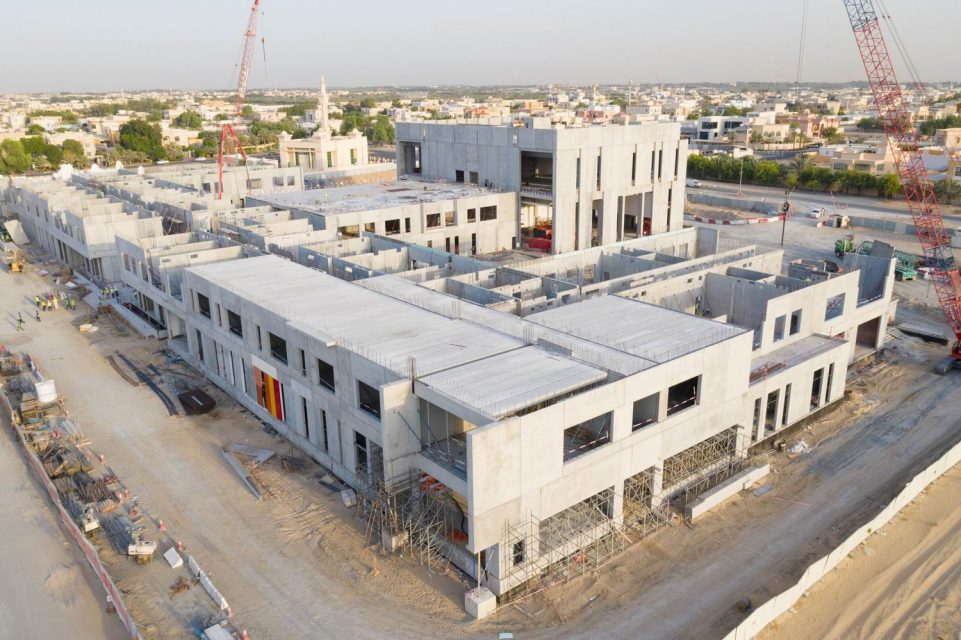The construction sector increasingly embraces modular and prefabricated building methods, which offer substantial benefits such as reduced waste and expedited project schedules. These approaches entail producing building parts or modules in a controlled factory setting before their transportation to the construction site for assembly. Utilizing these strategies ensures enhanced precision and less dependence on on-site labor.
Modular construction boasts several advantages, including accelerated project timelines, diminished material waste, and more uniform quality. By performing work off-site, the influence of weather conditions and other unforeseeable elements is mitigated. Nevertheless, there are challenges, such as the necessity for precise logistics, the demand for specialized equipment for transportation, and the challenge of making alterations once components are manufactured.
The Role of ERP in Construction Project Management
ERP (Enterprise Resource Planning) systems are indispensable tools for construction firms aiming to enhance their operational effectiveness. These platforms combine various functions such as project supervision, procurement, financial record-keeping, inventory control, and human resource management into a unified system. By centralizing information, ERP solutions for construction empower companies to refine processes, allocate resources wisely, and bolster decision-making.
In the field of construction project management, ERP systems prove to be pivotal instruments. They facilitate the optimization of procedures associated with meticulous planning, coordination, and logistics. This is particularly beneficial given that a significant portion of production occurs off-site. Customising ERP systems to meet the specific needs of modular construction is crucial for enhancing efficiency.
By monitoring procurement schedules, transport logistics, and project timelines, ERP systems that each component arrives at the site exactly when it is needed, reducing downtime and costly delays.
Specific Adaptations of ERP for Modular and Prefabricated Construction
To fully accommodate the needs of modular and prefabricated construction, ERP systems must be customized. One of the key adaptations is the integration of specialized logistics management features that cater to transporting prefabricated components from the factory to the site. Detailed tracking of production schedules, inventory levels, and transportation routes is critical to prevent delays and ensure smooth on-site assembly.
ERP systems must also account for the unique inventory requirements of modular construction. Unlike traditional methods, where materials are delivered to the construction site in small quantities, modular construction requires larger-scale deliveries to a controlled manufacturing environment. Customizing ERP solutions to track these materials throughout the production and assembly phases is crucial to ensuring project success.
Successful examples of ERP adaptation can be found in companies that have embraced digital tools to facilitate the modular approach. For instance, ERP systems have been used to coordinate the off-site production of hospital modules, ensuring that each component was completed on time and delivered in the correct sequence. By synchronizing production with site schedules, ERP systems helped prevent disruptions and kept the project on track.
The impact of adapted ERP systems on modular and prefabricated construction is profound. These systems contribute to better coordination, higher efficiency, and reduced waste. By managing every aspect of production, transportation, and assembly, ERP systems ensure that modular construction projects are completed with a higher level of precision and quality.
Conclusion
Tailoring ERP systems to fit the needs of modular and prefabricated construction projects is crucial for unlocking their full potential. These advanced building methods offer significant benefits, including quicker project completion and waste reduction. However, they also pose specific challenges that demand meticulous management.
By fine-tuning ERP systems to address these unique requirements, construction firms can boost productivity, elevate quality, and cut expenses. With a well-suited ERP solution in place, modular and prefabricated construction methods can be more efficient and widely embraced in future projects.


